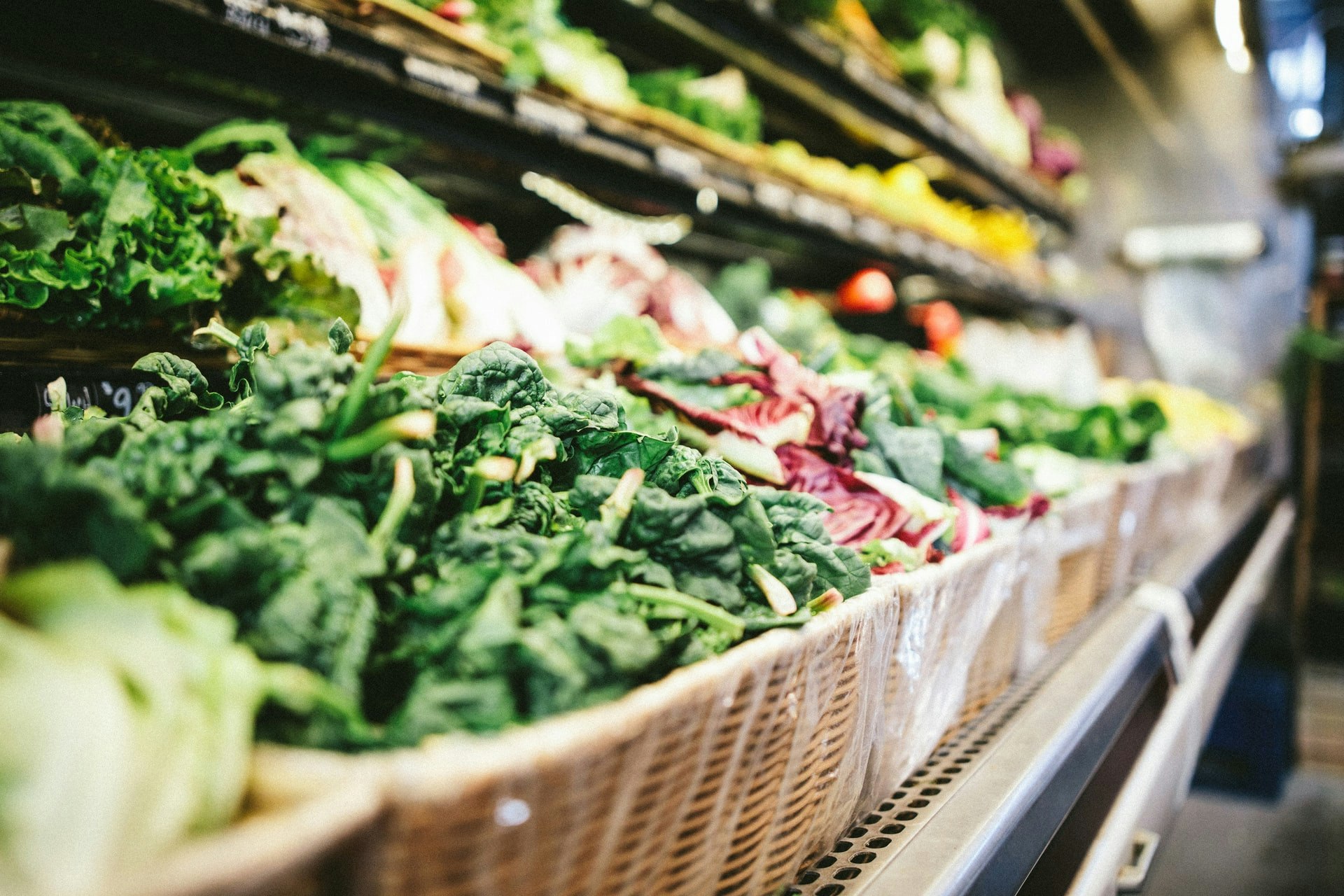Bugging Out Over Pesticides in Food
Dec 01, 2021
Share

What Are Pesticides?
According to the National Institute for Environmental Health Science, a pesticide is “any substance used to kill, repel, or control certain forms of plant or animal life that are considered to be pests.” They are used in farming to control weeds, make sure crops aren’t eaten by pests, and to prevent mold and mildew from ruining produce. Pesticides can be natural (like copper) or synthesized (like Round-Up). Nearly every single farm in the world uses pesticides. After harvesting and processing crops, small amounts or residues remain in food which exposes consumers to low levels of these chemicals.
Several governmental agencies regulate pesticides. First, the Environmental Protection Agency maintains a database of all pesticides available, their cancer causing behavior is reviewed and updated as data is made available. Then, the US Department of Agriculture and FDA tests a variety of produce annually for pesticide exposure, and makes the information available publicly. Outside agencies synthesize this data, and farming practices are updated on an as-needed basis.
What Harm Can They Cause?
The harm caused by pesticides ranges depending on which one you are discussing and the amount of exposure. Various pesticides have been described to be carcinogenic, to interfere with brain function, and to impair fertility among other negative impacts. However the EPA sets limits on how much of each pesticide is safe to consume, and annual testing makes sure that farms are meeting these limits. The safe limits are set very low, to make sure that vulnerable populations like children are protected. Approved pesticides, when eaten in normal dietary amounts, are safe to consume. Most studies that show a pesticide is harmful use amounts that are excessively high and would only be of concern if you consumed truckloads of a certain pesticide. Our food supply is very safe, and you should not worry that anything on store shelves is going to harm you.
That being said, a recent systematic review of observational studies showed that by choosing foods with low or no pesticide content, the risk for metabolic syndrome, high BMI, non-Hodgkin lymphoma, infertility, birth defects, allergic sensitization, otitis media and pre-eclampsia all declined significantly. The data was not strong enough to make a definitive statement about causation, but further studies are underway to help determine this. These studies are hard to do, since people who choose foods low in pesticides often participate in other healthy behaviors like exercising and avoiding smoking and excess alcohol. This makes it hard for researchers to determine what caused the positive impact.
What If I Want To Reduce My Pesticide Exposure?
After reading all this, you may still choose to avoid pesticides. Synthetic pesticides are generally more toxic and are only used in conventional (non-organic) agriculture, so one way to make sure you are avoiding them is to buy organic foods. Organic foods may still have some pesticides, but they must be naturally derived from plants or animals and are very tightly controlled. Each year, the Environmental Working Group releases the Dirty Dozen list of foods which contain the most synthetic pesticides. These are the fruits and vegetables it is most important to buy organically, if you can. This year, the list is as follows:
- Strawberries
- Spinach
- Kale, Collard and Mustard Greens
- Nectarines
- Apples
- Grapes
- Cherries
- Peaches
- Pears
- Bell and Hot Peppers
- Celery
- Tomatoes
On the flipside, they also release the Clean Fifteen list, which is produce that contains the least amount of pesticides. These are generally safer to buy conventionally. They are:
- Avocado
- Sweet Corn
- Pineapple
- Onions
- Papaya
- Sweet Peas (frozen)
- Eggplant
- Asparagus
- Broccoli
- Cabbage
- Kiwi
- Cauliflower
- Mushrooms
- Honeydew melon
- Cantaloupe
Key Takeaway
If given a choice between eating fruits and veggies or not eating them, it is always healthier to eat them! High intake of plant foods is tied to a reduced risk for many different chronic diseases, including cancer. Organic produce is often much more expensive than conventionally grown, and if price is a barrier for you, know that you are making a healthy choice even if organic isn’t in your budget. If possible, try to buy the ‘Dirty Dozen’ items organically but don’t fuss if you can’t find them in your price range or in your grocery store. Having an overall healthy diet pattern, like the one recommended by the American Cancer Society, is more likely to have a beneficial impact on your disease risk than pesticide exposure.
Still have questions about pesticides? Join OncoPower today and ask our Registered Dietitians a question – we’re happy to help you navigate the produce aisle! OncoPower offers a range of products to provide support for cancer patients, please join our community and get the help you deserve today.
Trusted by cancer patients around the world.
Joan-Smith
Virginia, United States
ChuckHastings
Florida, United States
DebraPearl
Pennsylvania, United States
Jennweeks
Iowa , United States
PatrickDW
Western Cape, South Africa
Jamie-Alexander
Floroda United States
CJ
Liz
Florida, United States
NYCynthia
New York, United States
Ferdi
California, United States